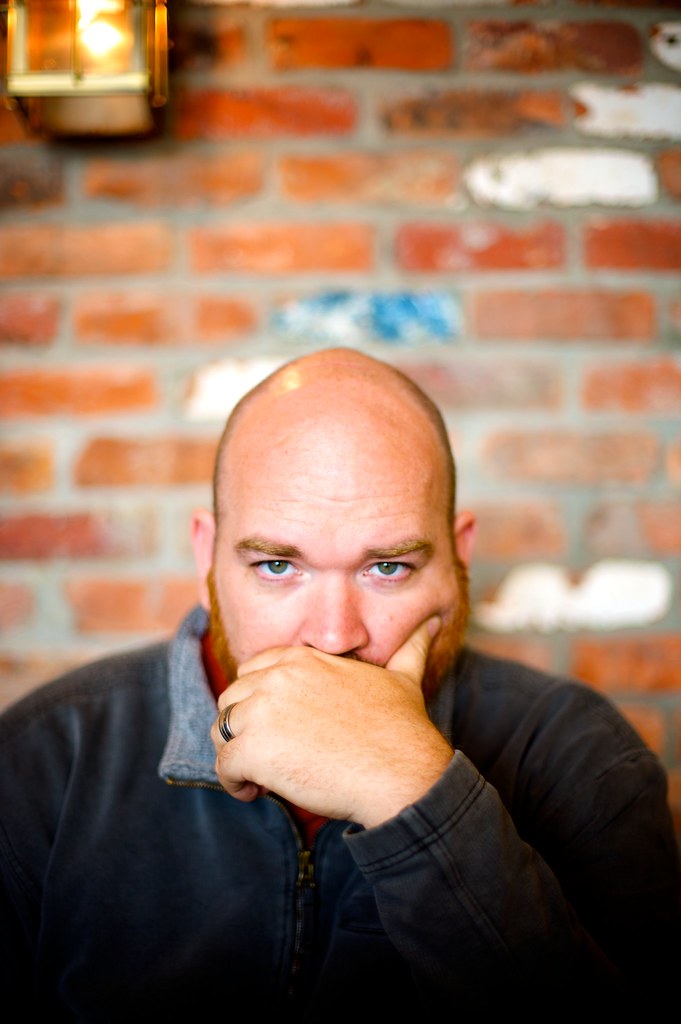[col-sect][column]In backpacking, there are two camps: ultralight backpacking, and what I call "gear packing."
A true ultralight backpacker can get by living off a 12lb pack for 3-5 days. They sleep on the ground under a tarp, they eat super efficient (but not tasty) meals and they don't carry any extras. To the "Ultralight-ist," weight is what keeps you from being present in the wilderness. A heavy pack can get you hurt and it kills your endurance, limiting what you can accomplish. But God help you if things go south. In fact, most ultralight blogs have large sections devoted to survival.
On the same 5 day trip, a gear packer might be hauling 45lbs of tent, sleeping bag, pads, meals, first aid, games, and rope. This is the stuff of REI. If I'm honest, I've been in this category most of my life. Gear is fun and it does neat things. "GPS and batteries (and a solar kit) are so much more reliable than a topo map and a compass." But you don't go as far or as fast.
Right now, I would contend that solo journalists are in the second camp. A lot of new crap has come out. HDSLRs, awesome digital recorders-someday the Red Scarlet will actually exist–laptops, batteries, hard drives, cables and more cables. So, how do we get by on less? But not just us.[/column]
[column]It's the mantra of the journalism market right now. Can we get by on less staff? Can I get by with less clients? Can we get by with less ad revenue, less office space, a smaller distribution?
Even in the field, I'm constantly confronted with the need to scale down. Smaller budgets, less gear, less power access... in the journalism industry, the answer to can I get away with less? is probably going to be "yes" regardless of the question. Technology means we can shrink overheads, cut our gear footprint, even scale down staff. That's easy.
But we don't just mean "can I get by?" We mean "can I get by with most of my creature comforts and security."
The real question is, are you interested in the lifestyle attached to "less" and for most of us, the answer is much harder. Am I willing to scale down for the sake of speed and response? Can you sleep under a tarp for the sake of the story?
[/column][/col-sect]
A true ultralight backpacker can get by living off a 12lb pack for 3-5 days. They sleep on the ground under a tarp, they eat super efficient (but not tasty) meals and they don't carry any extras. To the "Ultralight-ist," weight is what keeps you from being present in the wilderness. A heavy pack can get you hurt and it kills your endurance, limiting what you can accomplish. But God help you if things go south. In fact, most ultralight blogs have large sections devoted to survival.
On the same 5 day trip, a gear packer might be hauling 45lbs of tent, sleeping bag, pads, meals, first aid, games, and rope. This is the stuff of REI. If I'm honest, I've been in this category most of my life. Gear is fun and it does neat things. "GPS and batteries (and a solar kit) are so much more reliable than a topo map and a compass." But you don't go as far or as fast.
Right now, I would contend that solo journalists are in the second camp. A lot of new crap has come out. HDSLRs, awesome digital recorders-someday the Red Scarlet will actually exist–laptops, batteries, hard drives, cables and more cables. So, how do we get by on less? But not just us.[/column]
[column]It's the mantra of the journalism market right now. Can we get by on less staff? Can I get by with less clients? Can we get by with less ad revenue, less office space, a smaller distribution?
Even in the field, I'm constantly confronted with the need to scale down. Smaller budgets, less gear, less power access... in the journalism industry, the answer to can I get away with less? is probably going to be "yes" regardless of the question. Technology means we can shrink overheads, cut our gear footprint, even scale down staff. That's easy.
But we don't just mean "can I get by?" We mean "can I get by with most of my creature comforts and security."
The real question is, are you interested in the lifestyle attached to "less" and for most of us, the answer is much harder. Am I willing to scale down for the sake of speed and response? Can you sleep under a tarp for the sake of the story?
[/column][/col-sect]

